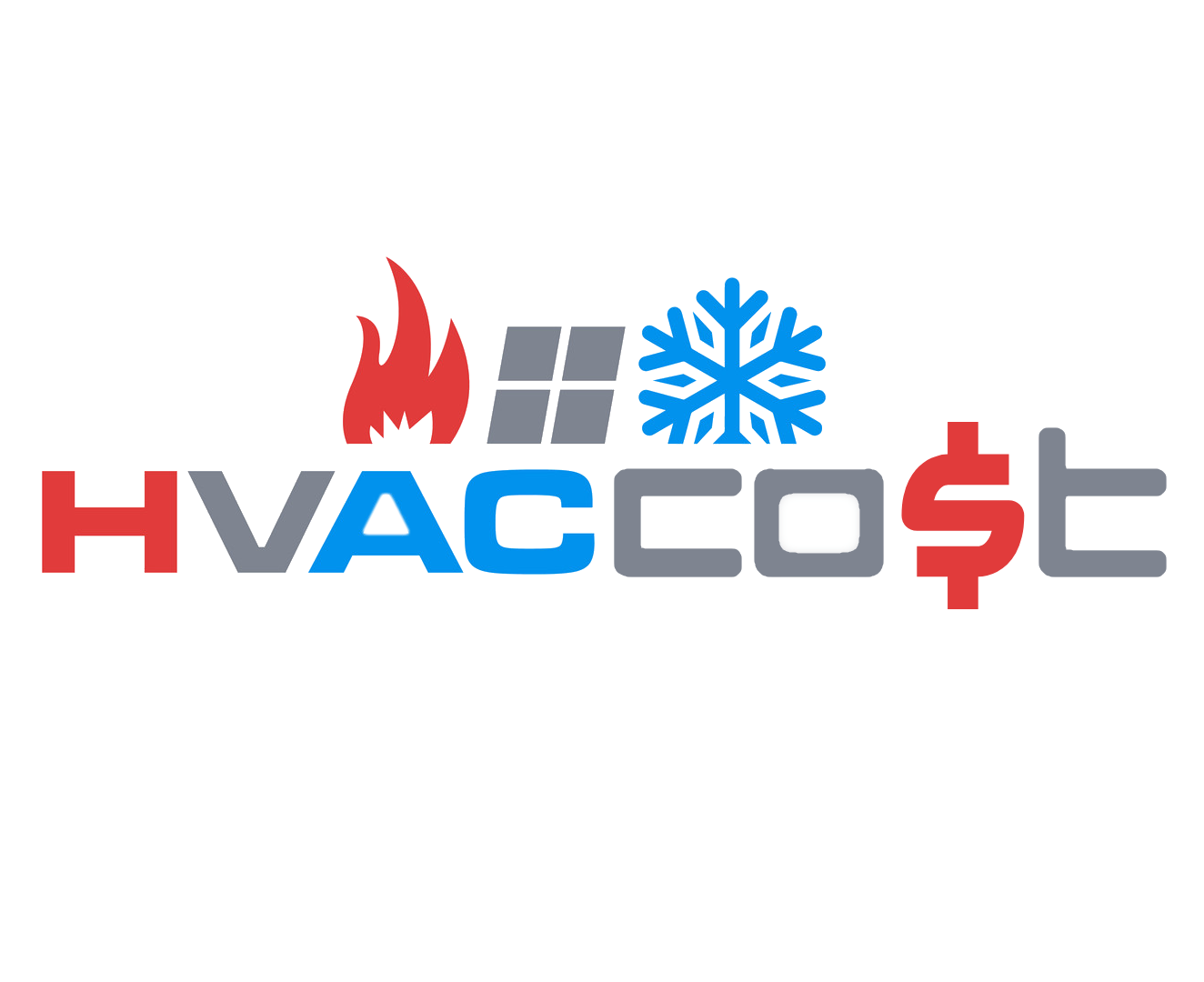Are you contemplating the replacement of your HVAC system and curious about the associated costs? Understanding the expenses involved in HVAC replacement is crucial for making informed decisions about your home comfort. In this guide, we break down the factors influencing HVAC replacement costs and provide a comprehensive numerical data table to help you estimate the expenses involved.
Factors Influencing HVAC Replacement Costs
1. System Type:
The type of HVAC system you choose significantly affects the overall replacement cost. Whether you opt for a central air conditioner, heat pump, furnace, or a combination system, each comes with its own set of installation and equipment expenses.
2. Size of Your Home:
The size of your home plays a crucial role in determining the capacity of the HVAC system needed. Larger homes typically require more powerful and larger HVAC units, which can increase the overall replacement cost.
3. Energy Efficiency:
Investing in an energy-efficient HVAC system may have a higher upfront cost, but it can lead to substantial savings on energy bills in the long run. Energy-efficient models often qualify for rebates and incentives, mitigating some of the initial expenses.
4. Installation Complexity:
The complexity of the installation process can impact the replacement cost. Factors such as the accessibility of the installation site, ductwork modifications, and other structural considerations can influence the overall expense.
5. Brand and Model:
Different HVAC brands and models come with varying price tags. High-end models with advanced features tend to be more expensive upfront, but they may offer better performance and durability.
Numerical Data Table: Estimated HVAC Replacement Costs
| HVAC System Type | Average Cost Range ($) |
|---|---|
| Central Air Conditioner | $3,300 – $10,000 |
| Heat Pump | $4,000 – $13,300 |
| Furnace | $2,700 – $8,000 |
| Combination System | $6,700 – $16,000 |
Note: The above costs are approximate and may vary based on specific factors related to your home and location.
Additional Costs to Consider
In addition to the main components mentioned above, it’s essential to factor in potential additional costs such as:
- Ductwork modifications
- Permits and local regulations
- Removal and disposal of old equipment
- Extended warranties and maintenance plans
By considering these factors and using the numerical data table provided, you can make a more informed decision about your HVAC replacement, ensuring both comfort and cost-effectiveness in the long term.
For a personalised estimate tailored to your specific situation, consult with a qualified HVAC professional. They can assess your home’s needs and provide accurate cost projections based on your requirements.
